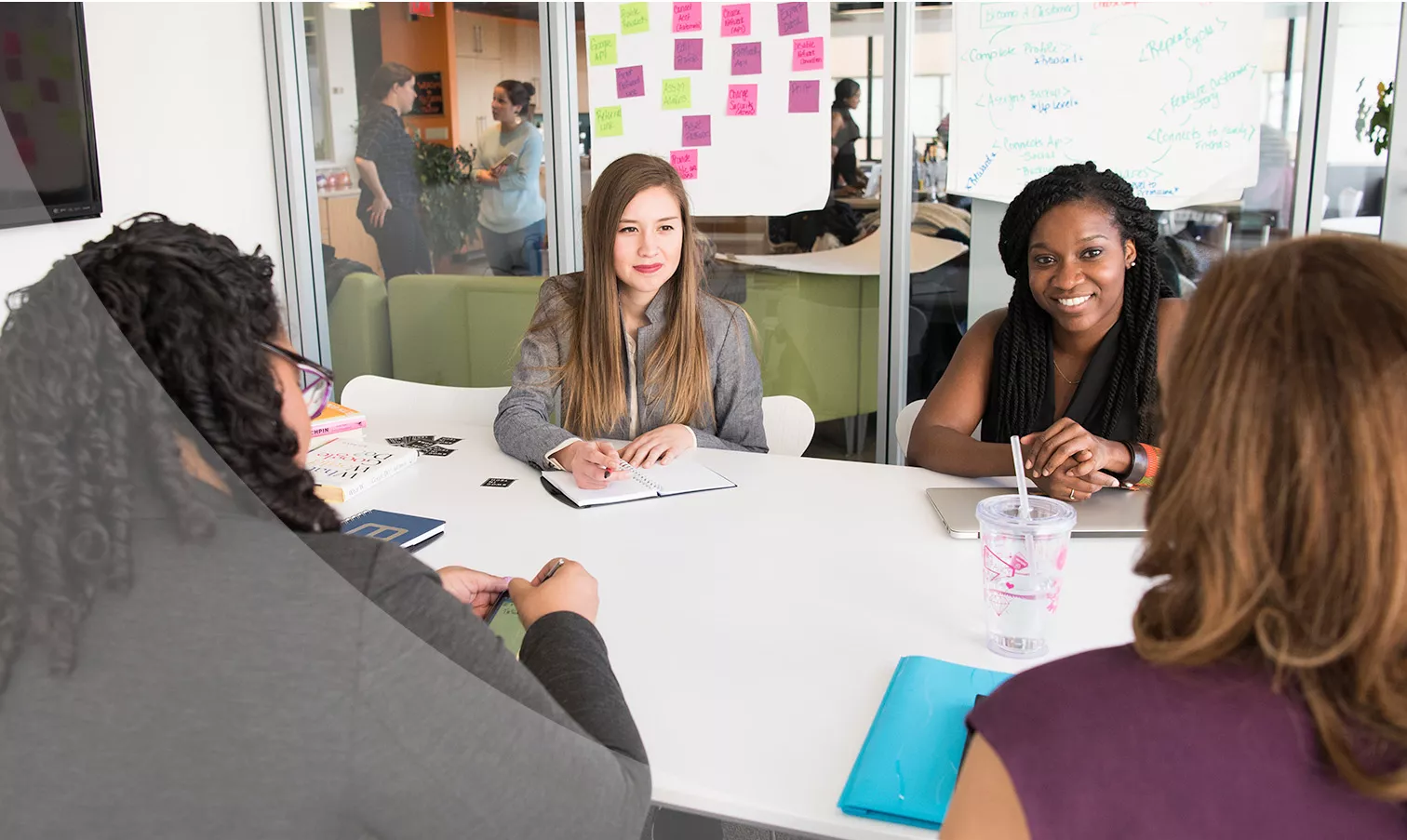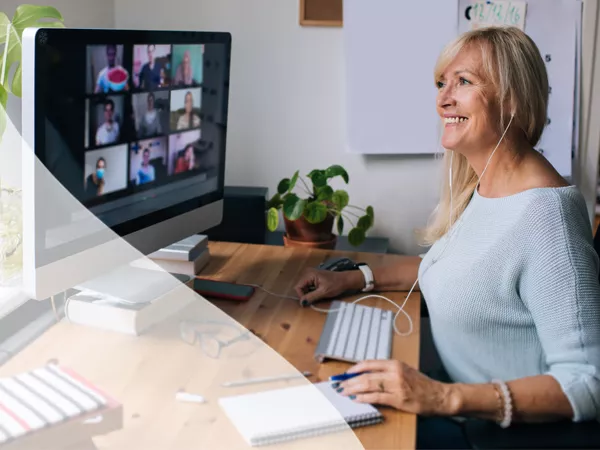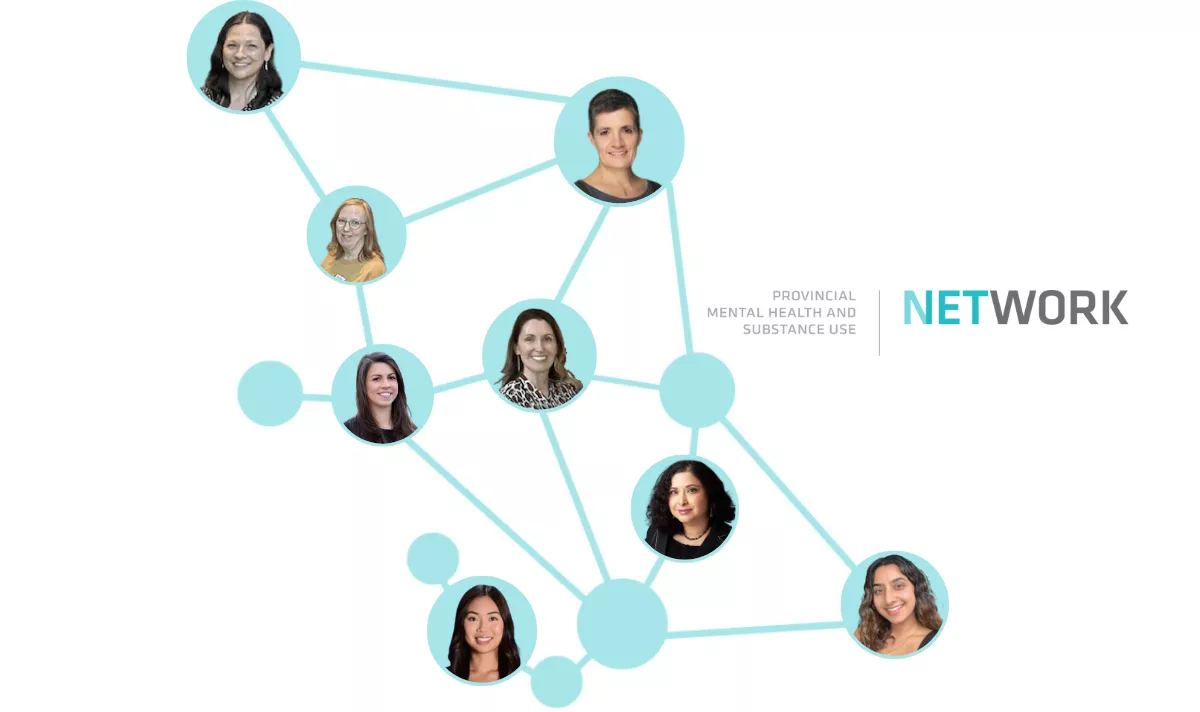
- Identify unmet needs experienced by individuals with complex MHSU and other needs
- Foster active participation, connection and collaboration among diverse stakeholders across sectors, disciplines, regions and perspectives
- Facilitate knowledge translation and exchange by sharing experience, expertise and insights to co-develop innovative and actionable recommendations
- Promote continuous evaluation, learning and improvement to enhance service planning and the delivery of services and supports
About the Provincial MHSU ECHO Program
About the Provincial MHSU ECHO Program
The Provincial MHSU Network supports the Provincial MHSU ECHO (Extension for Community Healthcare Outcomes) program, which is a virtual learning and mentorship program for service providers working with people with complex MHSU and other needs. Sessions include flash talk presentations, scenario and case-based learning, and discussion opportunities. Please visit the web page for the Provincial MHSU ECHO for more information or to register for future sessions.
About Dialogue + Action Sessions
Dialogue + Action Sessions
Dialogue + Action (D+A) sessions are designed to foster knowledge translation and exchange through dynamic collaborations. The in-person sessions connect people across the MHSU continuum of care and are held in each of the geographic health regions across B.C. Participants include PWLLE, service providers, decision makers, leaders, researchers and others. These sessions aim to understand regionally-specific issues by promoting a 360-degree perspective for the co-development of innovative solutions for system improvements.
About the Lived Experience Advisors and Partners (LEAP) Team
Lived Experience Advisors and Partners (LEAP) Team
The Provincial MHSU Network works in partnership with a 6-member team of lived experience advisors and partners (LEAP) whose wisdom, expertise and passion guide the Network’s activities. Their leadership is critical to ensuring that the preferences and perspectives of PWLLE are recognized, prioritized and enacted. The LEAP Team identifies and prioritizes issues and unmet needs. These insights are augmented with additional focus groups (see below), to ensure robustness, geographic representation and diversity of perspective.
About Focus Groups
Focus Groups
One of the primary aims of the Provincial MHSU Network is to gather diverse perspectives and insights. The Provincial MHSU Network conducts focus groups within various sectors or roles, including PWLLE, complex care housing settings and physician groups to provide opportunities for sharing perspectives and experiences related to the system of care for people with unmet MHSU and other needs (i.e. transitions between services, housing and related supports and person-centered care).
The valuable contributions of both the LEAP Team and focus group participants are uniquely reflected, in their voice, through the LEAP reports, which aim to synthesize the preferences, perspectives and recommendations to guide the Provincial MHSU Network's activities.








